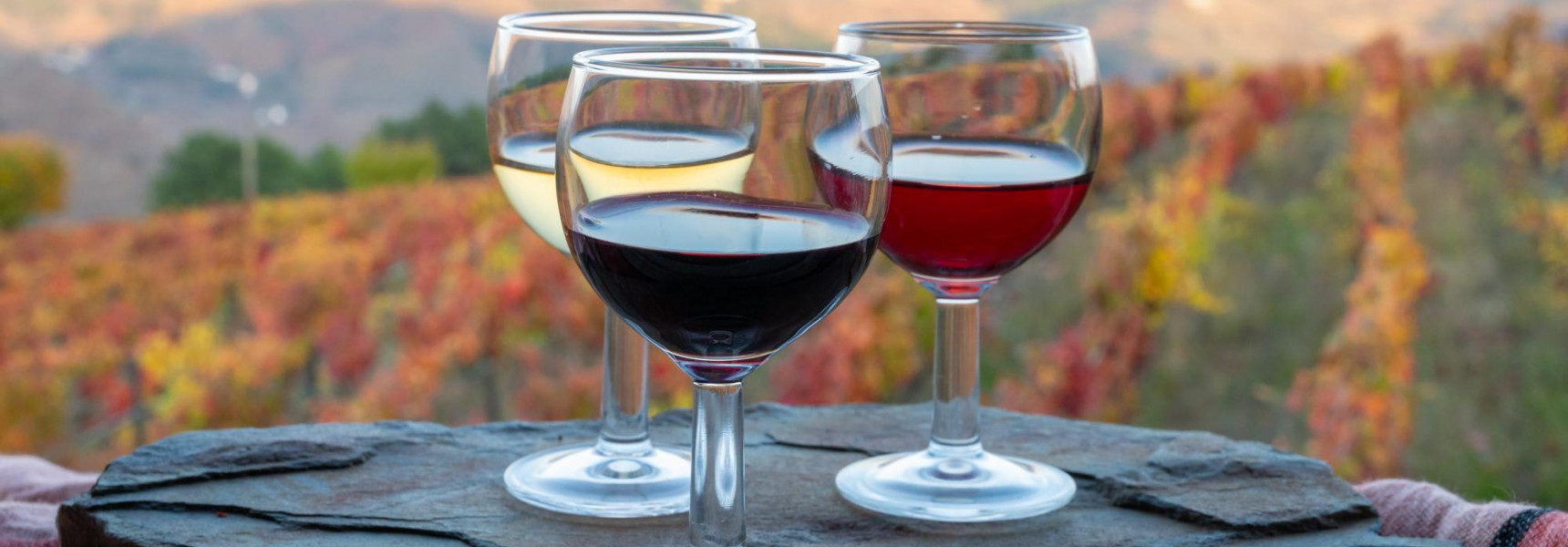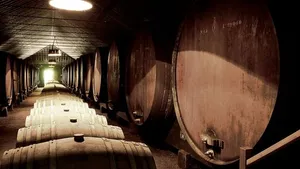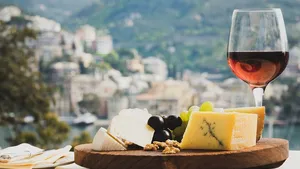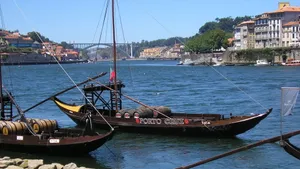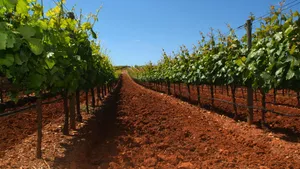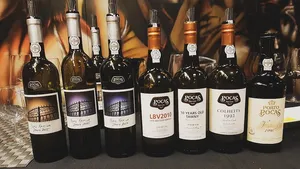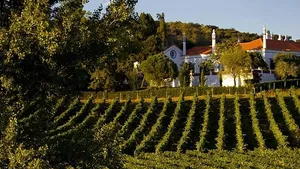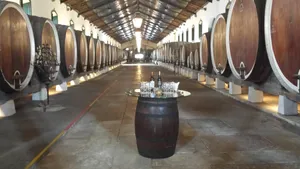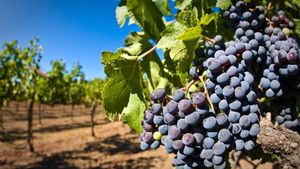Wine Tours
Lisbon
Published: 11 Apr 2023
Have you ever wondered what the distinction is between Portuguese wine and French wine? It’s a good question - both countries create some fantastic wines with unique styles that can offer something for virtually any kind of drinker. In this blog post, we will explore the differences between Portuguese and French wines so that you can choose which one is right for your next wine tour.

Explore the history of Portuguese and French wines, from their origins to their current popularity
Wine is a long, deeply-rooted part of history with many different cultures and traditions. Portuguese and French wines have been loved for centuries. Portuguese wines date back to the Classical Age and have been a major presence in international trade seen through their roles in economic activities from Roman times to the present day.
Meanwhile, French wines can trace their roots even further back, as tar from an ancient Ancient Greek amphora was found from 600-400 BC featuring evidence of wine cultivation in France. This esteemed history over centuries of production has contributed significantly to the unrivalled reputation that French and Portuguese wines now enjoy around the world for their beautiful flavours and complex aromas.
Although these origins are deep in history, both countries' wines remain extremely popular today thanks to their continued celebrated status and acknowledgements by sommeliers everywhere.
Varietals - Compare and contrast the different grapes used in each country
Burgundy, France is well known for its richly flavoured Pinot Noir wines and Burgundy wine tours are an excellent way to explore the differences in the varietals. Burgundy can be divided into two categories -- regional Burgundy wine and village Burgundy wines. Regional Burgundy wines are made from various grapes including Chardonnay and Pinot Noir, while the surrounding villages tend to go for more localised specialities. For example, Chablis is a region known for its Chardonnay while Nuits-Saint-Georges is renowned for its Pinot Noir.
In comparison, wineries in Portugal typically produce dark red wines. Although it wouldn't be a wine tour in Portugal without sampling the country's famous Port wine! In particular, produced by using the dry red grapes from the "Touriga Nacional" vines. Exploring the different varietals of each region can be an exciting adventure for any wine lover!

Terroir - how the soil and climate in both countries can affect the taste of their wines
Terroir is the unique combination of soil, climate, and other natural elements that give wines from a particular region or country their distinct flavour and aroma. It has also long been acknowledged as one of the chief factors in determining how a wine tastes. Climate and soil play particularly important roles: certain characteristics in the climate can affect the production process (such as crop yields or rate of maturation) while certain types of soil can improve grape-growing conditions by providing richly-needed nutrients.
The differences between the soil and climate of 2 countries, such as Portugal and France, can undeniably lead to taste variations in their respective wines, making them each enjoyable in their own way. Enjoying wine is all about finding appreciation in its cultural context, so why not explore different places around the world to find out which tastes best suit you?
Production Process - Examine the differences in production methods used by winemakers from each country
The production methods used by winemakers vary greatly between countries with the nuances of terroir and climate influencing both the grapes grown and how they are processed. Each breed of grape requires a specific set of conditions to grow successfully and each country uses familiarity with their local conditions to determine the best methods for harvesting and producing quality wines. Aside from these regional characteristics, contemporary technologies have allowed winemakers to create unique morsels that express their identity while capturing the best qualities that wine has to offer.
As such, developments in production techniques have seen winemaking practices become more sophisticated, although regional characteristics still have a place due to the traditional methods inherited from past generations. Ultimately, it is up to the winemaker to determine which combination of grape selection and production method best shows off their country's viticultural heritage.

Ageing Potential - Uncover how ageing affects a bottle of wine and how this differs between Portugal and France
Wine-tasting tours are a popular activity in wine-making countries around the world and wine-producing regions of Portugal, such as Lisbon, are no exception! But have you ever noticed that some wine bottles suggest they are best opened now while others can age? This difference between wine bottles is all due to the ageing potential of the wine.
The complexity, depth, and development of the flavours and aromas associated with wine increase when the wine has had time to properly age. While this process occurs in many French wines using traditional methods like cellaring or barrel ageing, Portuguese wines tend to rely more on modern wine-making techniques.
Why not join us on a Lisbon wine tour and improve your wine knowledge, uncovering how ageing can affect your favourite bottle of wine from France or Portugal!
Taste Profile - Provide a comparison of how wines taste from each region, focusing on aromas, flavours, body, and finish
The wines from each region have distinct taste profiles for wine connoisseurs to discuss and savour. For instance, Portuguese wines tend to be robust with bold fruit flavours and full-bodied reds. On the other hand, French wines lean towards being more delicate with earthy tones and velvety textures.
Compare this to elsewhere and you'll discover imported Australian wines are known for having particularly smooth tannins, while Spanish reds often exhibit complex spices that linger in a long finish. Each type of wine is an exciting experience as its unique combination of aromas, flavours, body, and finish make it distinctive in its own way.
In summary, Portuguese and French wines have a long history, with their respective grape varietals giving them unique flavour profiles that are further developed by the terroir and climate of each country. Winemakers in both countries follow different production processes, which can affect the ageing potential of the wine. The taste profiles of Portuguese and French wines contrast one another immensely, with each region bringing unique aromas and flavours, body characteristics, and finishes. From the classic blends of Bordeaux or Porto to the modern styles of Vinho Verde and Beaujolais Nouveau, each wine offers something special for new or seasoned enthusiasts to explore.
Discover the Best Portuguese and French Wine with tabl.com
Whether observing the differences between these two countries’ wines side-by-side or trying them all separately, there is much to appreciate. Why not join us on this journey shared amongst fellow travellers with a Lisbon wine tour or a French wine tour from Paris?
Keep exploring...
Find more amazing tabl. experiences to visit




